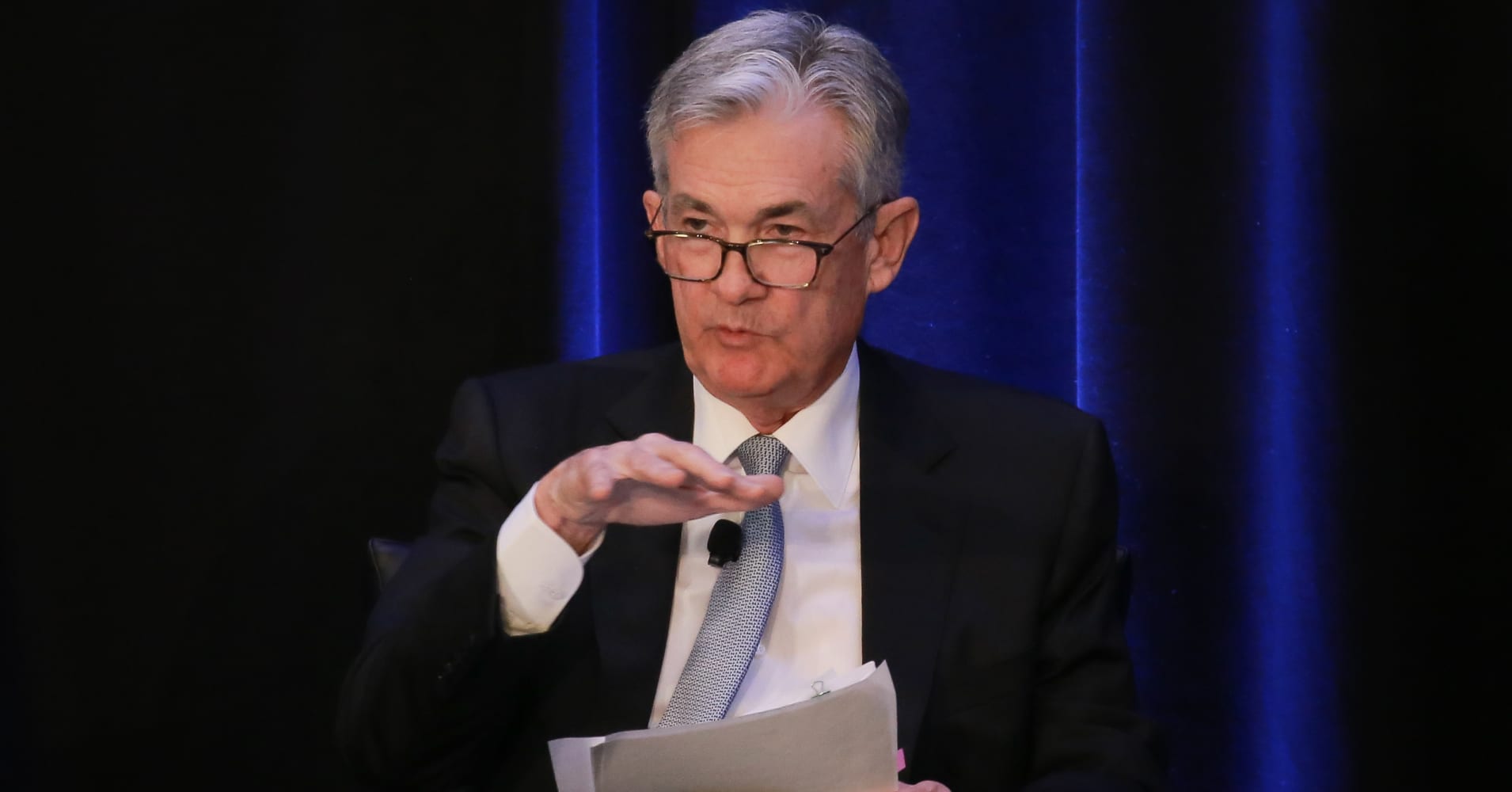
“We wouldn’t hesitate to change it and that would include the balance sheet. We’re hearing a lot from different groups of people about the role the balance sheet normalization may be playing in the market,” he said. Powell explained that the Treasury issues more securities when the Fed’s balance sheet holdings mature. “We don’t believe our issuance is an important part of the story in the market turbulence that began in the fourth quarter of last year.”
“If we came to the view that the balance sheet normalization or any other aspect of the normalization was part of the problem, we wouldn’t hesitate to make a change,” he said. Powell was speaking on a panel with former Fed chairs Ben Bernanke and Janet Yellen.
The Dow, already higher on positive trade news and a strong jobs report, moved sharply higher as Powell spoke. Treasury yields, also higher on the surprisingly strong December jobs report, moved higher in tandem with stocks. The 2-year yield, the most sensitive to Fed policy, rose to 2.47 percent.
“That’s clearly moving the market. we know he’s flexible on rates, saying he’s flexible with the balance sheet is different than saying he’s on ‘auto pilot’…he’s basically pulling back the comment on ‘autopilot’ and that’s what the market is saying right now,” said Peter Boockvar, chief investment officer at Bleakley Advisory Group.
Powell also said the Fed had no pre-set path for policy and could be patient when it comes to interest rate hikes, also seen as a dovish comment.
“We’re seeing signs [the Fed] gets it. It was the absolute mirror image of the press conference last month,” said one market pro.
The dollar moved lower, as the market viewed Powell’s comments as more dovish. Powell also discussed inflation as being muted, also a dovish comment, suggesting the Fed will not be in a hurry to raise interest rates.
“He clearly made an effort not to spook the market. He also mentioned flexibility in terms of the balance sheet, which the equity market likes,” said Ian Lyngen, head of U.S. rates strategy at BMO.
Be the first to comment